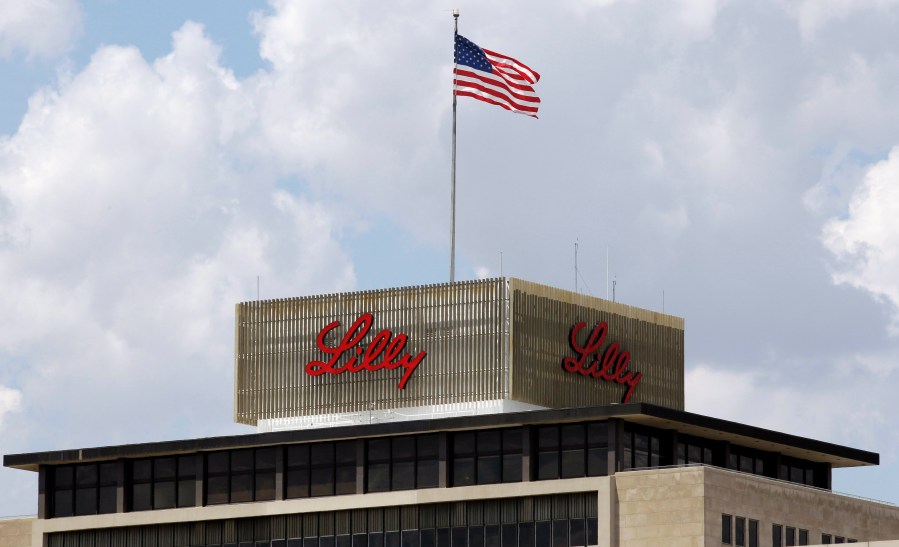
Eli Lilly is seeking to end a lawsuit filed by a pharmacy trade group against the Food and Drug Administration (FDA) by joining as a defendant, stating it wants to end the “entitlement” some pharmacies have practiced in mass-marketing copies of its highly popular GLP-1 medications.
The lawsuit in question concerns the FDA’s decision to officially declare the shortages of Mounjaro and Zepbound, both firms of the GLP-1 drug tirzepatide, to be over in October. The suit was filed by the Outsourcing Facilities Association (OFA), a trade group that represents 503B compounding pharmacies, seeking to overturn the FDA’s decision.
After the suit was filed, the FDA temporarily paused to reconsider the declaration to end the shortage but ultimately reaffirmed its decision in December, finding once again that the supply of tirzepatide currently meets or exceeds demand.
Both Mounjaro and Zepbound are exclusive to Eli Lilly, but compounding pharmacies are permitted to make and sell copycat versions of such drugs when they’re in shortage. And in the nearly two years that tirzepatide was in shortage, telehealth companies, medical spas and other clients of compounding pharmacies were able to get in on the highly in-demand drug.
Following the FDA’s reaffirmation, 503B compounding pharmacies have until March 19 to stop selling compounded tirzepatide.
In its motion filed on New Year’s Day, Lilly stated it seeks to “intervene as a defendant in this case to protect its interests and help bring this suit to a swift end.”
The pharmaceutical giant argued that the goal of OFA’s lawsuit, overturning the FDA’s determination that the tirzepatide shortage is over, would impair its ability to protect its interests. Lilly cited the billions that it’s invested into this drug.
“Beyond the billions it spent developing, testing, and bringing to market its revolutionary medicines, Lilly has committed over $23 billion to increase its manufacturing capacity.”
The company also said it seeks to intervene because it does not believe the FDA adequately represents Lilly’s interests. It argued that the FDA is not seeking to defend its declaration ending the shortage but is only seeking to defend its executive authority.
Additionally, it seeks to join the lawsuit as a defendant because the FDA may not file an appeal should a court rule in favor of the OFA.
“FDA’s decision resolving the tirzepatide shortage was correct, and the compounders’ lawsuit against FDA is without merit,” a Lilly spokesperson said in a statement to The Hill. “Anyone marketing or selling unapproved tirzepatide knockoffs must stop.”
The OFA and FDA did not immediately respond when reached for comment.












